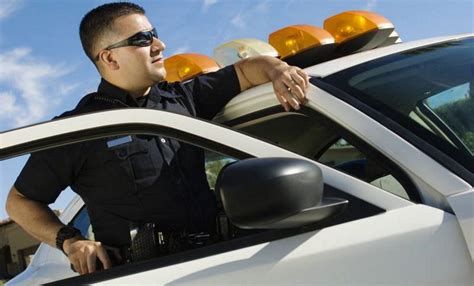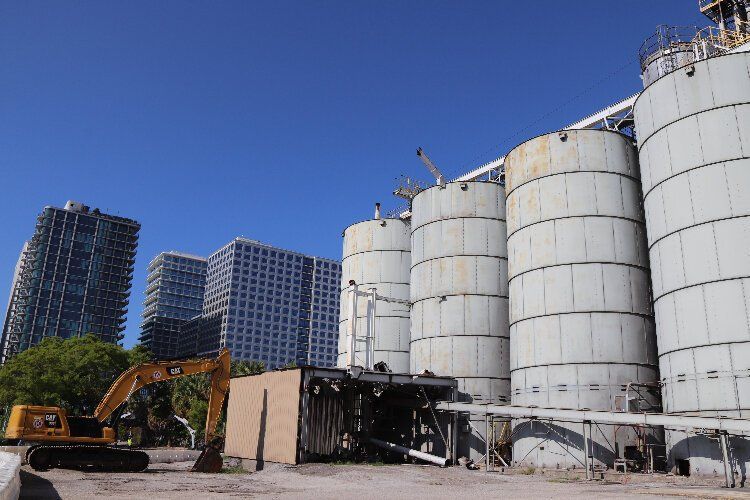By Mijael
•
August 19, 2025
Marinas and waterfront communities in Monroe County (Florida Keys) and Naples face a unique set of security risks: after-hours trespassing, outboard and electronics theft, tailgating through dock gates, fuel shrinkage, and storm-season complications. This guide outlines a practical security program that protects slips, fuel docks, boardwalks, and private HOA piers—without disrupting owners, guests, or charter operations. Who this helps Public and private marinas (wet slips and drystack) HOA and condo associations with shared docks Resorts with guest marinas and boardwalks Fuel docks and waterfront retail areas Core threats on the water After-hours trespass and night fishing in restricted areas Electronics/outboard theft from vessels and dinghies Fuel shrinkage (meter skimming, improper log entries) Gate tailgating and shared PIN codes Derelict vessels and long-term squatters Storm events that attract opportunistic activity A waterfront patrol program that works Patrols should be night-focused (dusk–dawn) with randomized intervals, spotlight checks, and foot patrols on docks and boardwalks. Mobile patrols cover perimeters, parking, launch ramps, and trailer storage. Guards act as deterrents with either soft uniforms for a resort feel or high-visibility uniforms where overt security is required. Each incident is documented with photo logs and reports. Dock access control Unique RFID/fob access per slip instead of shared PINs Self-closing, alarmed gates to prevent tailgating Time-bound QR passes for vendors and visitors IR cameras on gate approaches, fuel docks, and high-value slips Marine-grade lighting around gates and fish-cleaning stations Night fishing policies Create a simple, visible policy: approved areas, hours, and no-go zones such as fuel docks or private slips. Guards focus on education first, documentation second, and trespass only when required. Fuel dock controls Dual-person verification during open/close Meter readings reconciled to POS at each shift change Spill kit checks and emergency shut-off drills logged Fuel truck escorts and chain-of-custody sign-offs Cameras covering nozzles, meters, and drawers Environmental and compliance Guards trained in spill response basics and reporting Derelict vessel documentation with location photos Hurricane/king tide patrol checklist before and after storms Seasonal spikes Lobster Mini-Season in the Keys Memorial Day, July 4th, and Labor Day weekends Storm season from June through November What success looks like Reduced after-hours trespass incidents Fewer theft claims from owners Accurate fuel reconciliations with no unexplained variances Incident reports delivered with photos and timestamps Service areas: Monroe County (Key Largo, Islamorada, Marathon, Big Pine, Key West) and Naples/Marco Island.











